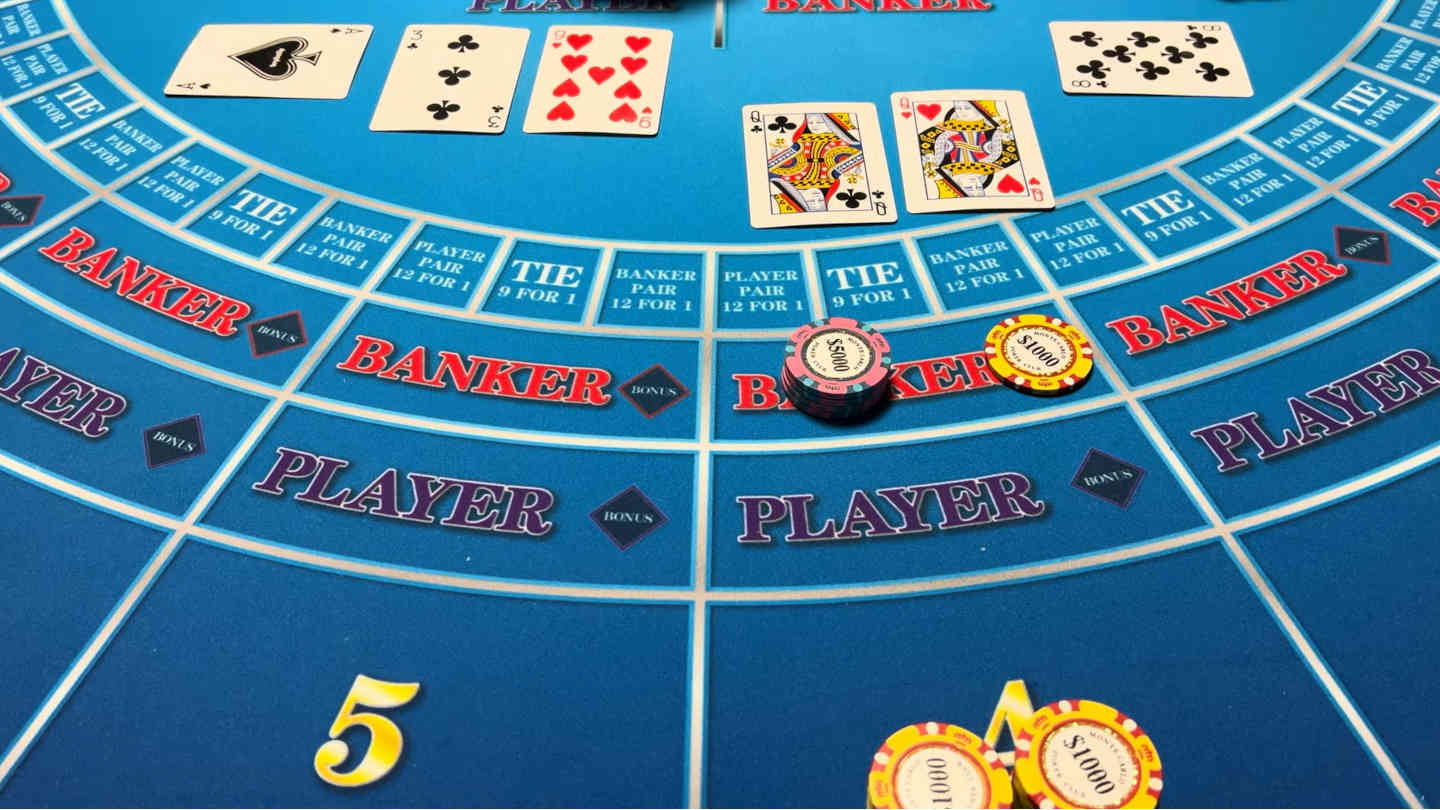Who Invented Baccarat? The Debate Explained

1 minute
Last Updated: March 8, 2024
The Origins of Baccarat remain a source of controversy. Due to its largely undocumented history, it is hard to fully substantiate the claim on who Invented Baccarat. Baccarat is generally believed to have originated in Italy in the 1400s.
The game is attributed to a man named Felix Falguiere, who christened the game “baccara” which means zero in Italian. As the game spread around the world, the French spelling “Baccarat” was adopted as its moniker. After its origination in Italy, the game moved to France, where it quickly became the favorite of King Charles the VIII, where it was known as Chermin De Fer.
Baccarat is believed to have been derived from an old Etruscan legend about a Virginia who had to throw a 9-sided die to decide her fate. If she threw any number lower than 6 then she would be drowned. Furthermore, if the die landed on a 6 or 7 her life would be spared but she won't be allowed to participate in any religious activities. Finally, if she threw an 8 or 9 then she would be given the role of the priestess.
Baccarat has evolved since its inception as the game has undergone numerous changes. Originally, cards were dealt by four dealers and each player had the option of becoming the banker. Bets could also be made between the players and the house. In the modern baccarat game, bets are placed against the banker and the house serves as the banker.















